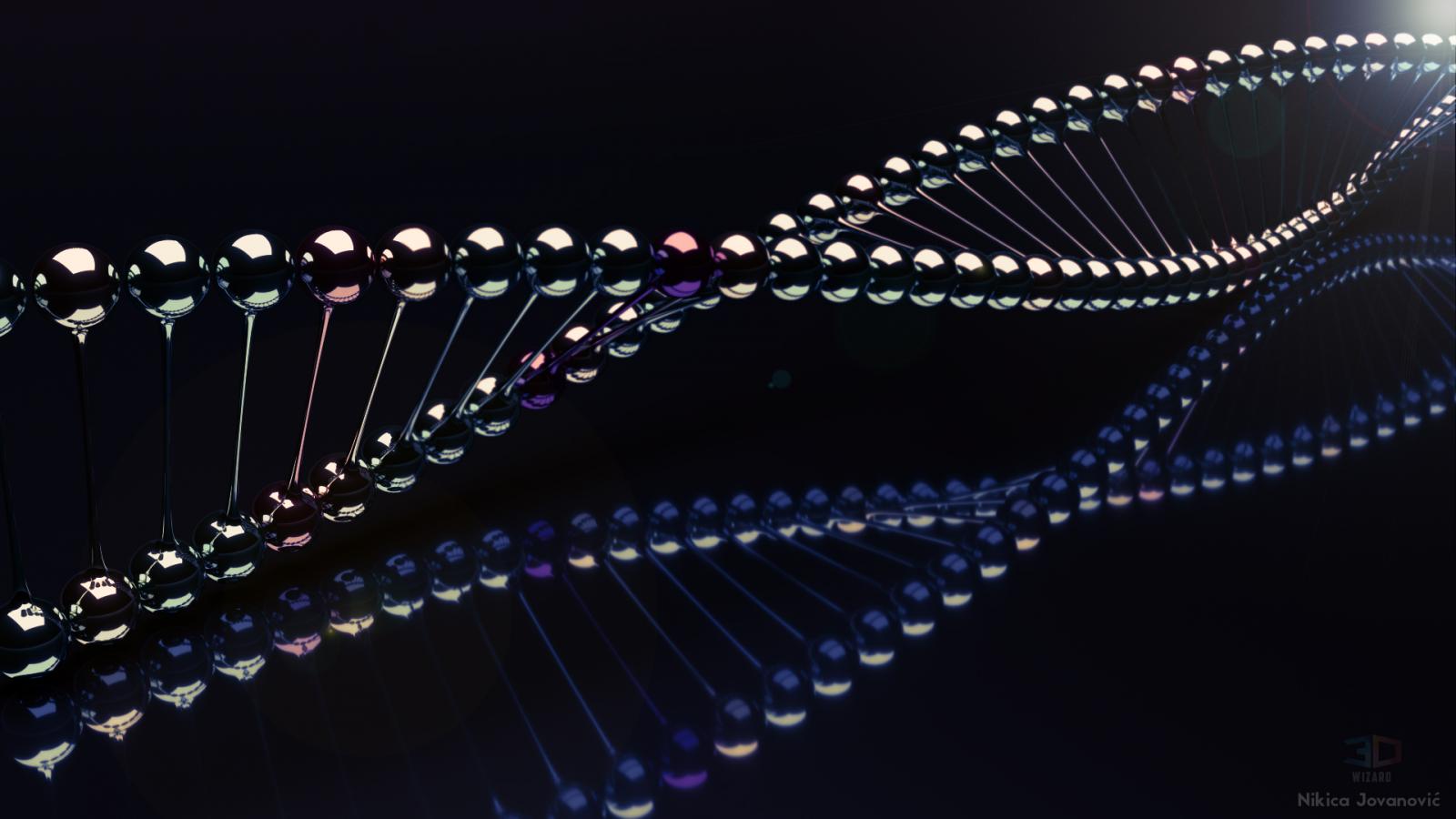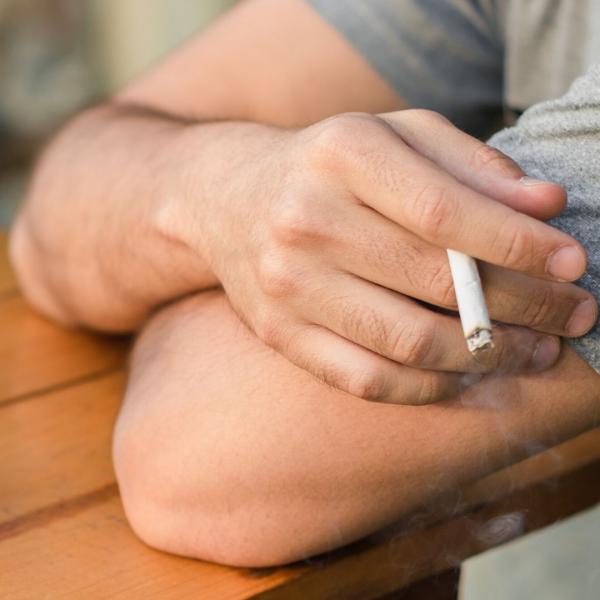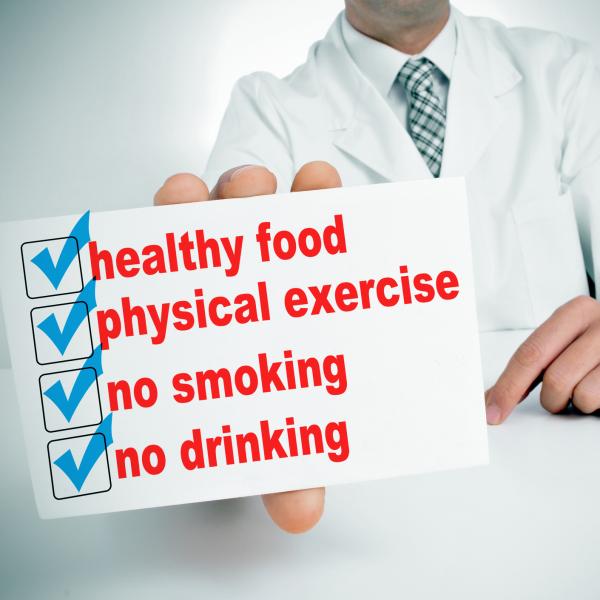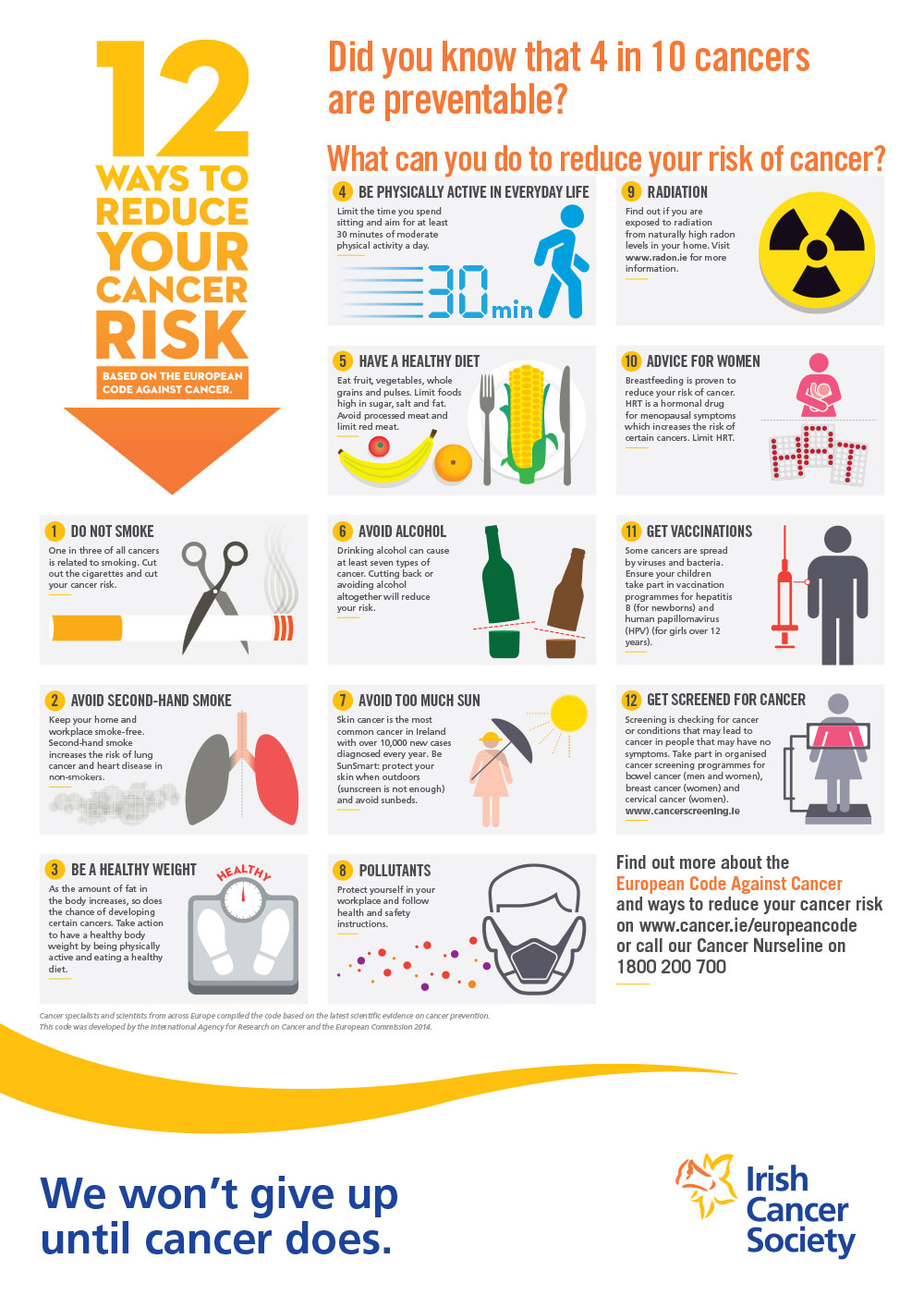What causes cancer?

Everyone is born with a risk that they could get cancer at some stage in their life.
Many things, including certain mistakes in our genes (mutations) or certain things that we might do with our bodies can increase the risks of certain types of cancer.
There are very many different types of cancer, depending on where in the body it starts, the types of changes which cause it and how far it has advanced in the body.
Cancer starts with a mistake in our DNA
Cancer is a disorder that can occur inside any cell in our body.
When cancer happens, a mistake in the DNA—the genetic codes of our cells—causes the cell to grow without control.
What causes mistakes in our DNA?
Mistakes sometimes happen when cells are dividing.
All the cells in our body divide regularly to replace old cells. Mistakes happen throughout our lifetime when cells are dividing. Usually these mistakes don’t cause cancer, but sometimes they can.
As we get older, the chance that these mistakes will give rise to a cancer increases. This is why cancer is far more common in older people.
Mistakes inherited from parents
Mistakes in our genes can be inherited from our parents (so-called familial cancers), but this only happens in about 1 in 10 cases. We have more information about cancer and genes.
Carcinogens (cancer causing factors)
Some substances, such as chemicals in cigarette smoke and alcohol, can increase the risk of mistakes happening in our DNA. More mistakes means there’s a higher chance that one of them will cause cancer. Doctors refer to these changes in the DNA of our cells as mutations.
For a mutation to cause cancer, the mutation must cause the cell to do two things:
- Grow without control
- Become immortal, which means the cell doesn't die when it's supposed to
Carcinogens can be physical, chemical or biological.
Anyone can get cancer but as we get older and if we are exposed to carcinogens like cigarette smoke, we are more likely to get cancer.
Physical mutagens of DNA can be caused by:

Ionising radiation
Not from phones or radios but from nuclear-type processes like cosmic rays, radiation used in medical treatment and radon gas (which leaks from certain types of ground), which directly damage DNA.

Ultraviolet (UV) radiation
For example the invisible light from the sun, sunbeds, or from electric welding torches, which directly damages DNA in exposed skin.

Mineral fibres
For example asbestos, which can stimulate immune-mediated damage, giving rise to cancers in the lungs.

Chemical mutagens
In the case of chemical mutagens, mutation is caused by foreign molecules binding to a cell’s DNA, causing it to become damaged. Examples of chemical mutagens are benzopyrene (found in cigarette smoke), alcohol (from any alcoholic beverage), vinyl chloride (used in production of some ingredients for making plastics), aflatoxin (found in certain moulds) and hetrocyclic amines (found in over-cooked foods).
Biological mutagens
Biological mutagens may be viral or bacterial. About 1 in 5 of all cancers worldwide is caused by microbes (viruses or bacteria). Viruses may use a number of different complex mechanisms to cause a cell to become cancerous.
Viruses that can be a risk factor for different cancers include:
- The human papilloma virus (HPV), which causes cervical cancer and many other types of cancer. Read more about HPV
- The Ebstein-Barr virus (implicated in some types of lymphoma)
- The hepatitis B virus (implicated in some liver cancers)
One known bacterial mutagen is helicobacter pylori (implicated in many stomach cancers)
Can I stop cancer from developing?
Often cancer is caused by mistakes in our genes (mutations) that happen when cells divide. It’s not always possible to stop this from happening, but avoiding carcinogens can reduce the risk.
Ways to protect yourself include:
- Not smoking – cigarette smoke contains many carcinogenic chemicals
- Avoiding alcohol – alcohol is a carcinogen, so drink less to reduce your risk of cancer
- Staying a healthy body weight – extra fat can make your body produce extra hormones and growth factors. These cause your cells to divide more often. The more times cells divide, the greater the chance that a mutation might happen
- Protecting your skin – UV radiation from the sun and sunbeds can damage the DNA (genetic material) in your skin cells, which may cause cancer
- Getting vaccinated against HPV – the HPV virus is common and doesn’t usually cause problems. But sometimes, some types of HPV can damage DNA, which may cause cervical cancer or other cancers such as head and neck cancers or anal cancer.

Did you know? It’s estimated that 4 in 10 cancers can be prevented by healthy lifestyle changes.
Read more about these and other ways to reduce your risk of cancer.
If you have a genetic risk of cancer
If you have a gene that increases your risk of a particular cancer, or if there is a lot of cancer in your family, it’s best to talk to your doctor. They may recommend:
- Genetic testing, which can help you to understand your risk
- Screening and checking for any changes in your body, which can help you to spot cancer early if it happens and get treatment as soon as possible
- Treatment to try and stop cancer developing. For example, if you know you have a gene that puts you at high risk of developing cancer, you may have treatment such as risk reducing surgery or medication to try to stop a cancer developing.
Read more about cancer and genes.
For more information
Phone
1800 200 700


